How Community benefits our Mental Health
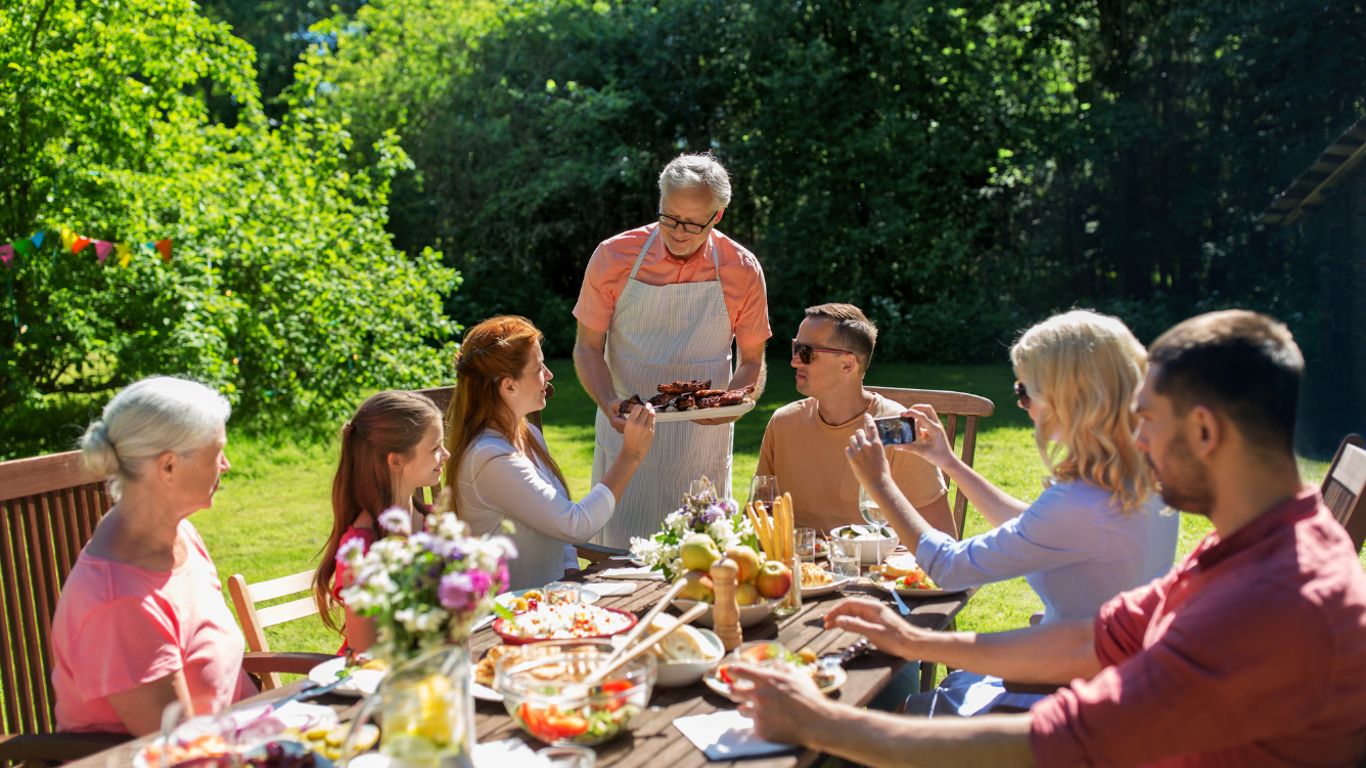
Looking after our Mental Health is an important part of our lives. Taking care of our emotional, psychological and social well-being can be a big task, and sometimes we can struggle to cope. Our Mental Health affects the way we think, feel and act, but also affects how we cope with stresses, relate to others and even the choices we make.
In the UK, around 1 in 4 adults experience a mental health problem each year and Mind reported that 7.8% of adults felt lonely ‘always or often’ in 2024. There are many reasons why someone might struggle with their mental health and loneliness, including depression, anxiety, to financial difficulties and discrimination.
There are lots of ways to care for your wellbeing, here are a few tips, from taking a daily walk, planning out delicious meals, to prioritising your sleep. Stress can also be a big factor in our lives, from our jobs to our homelife and balancing everything in between, here are a few stress management techniques to help you.
Feeling emotionally low and lonely can be the hardest feeling in the world, but how can we combat it?
When we feel alone, someone telling us to ‘be positive’ can make us feel worse, but Positive Mental Attitude (PMA) can be a valuable tool. Having a place in a community can be very beneficial to our mental health, and can naturally boost our PMA. Not only does it combat loneliness, but it can improve wellbeing and overall health.
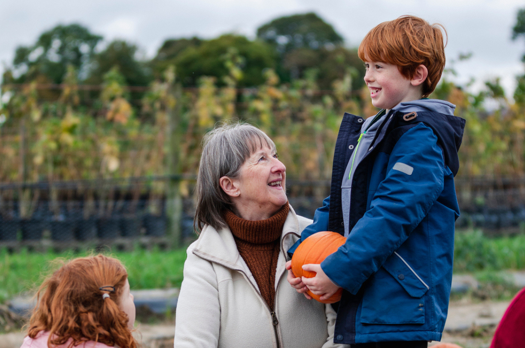
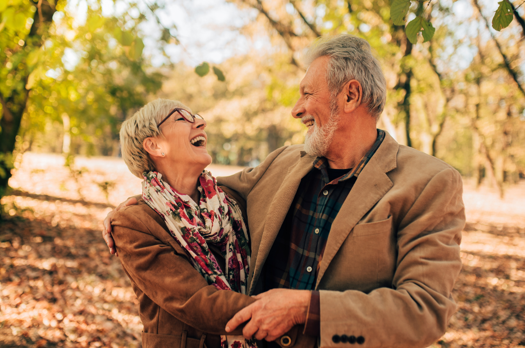
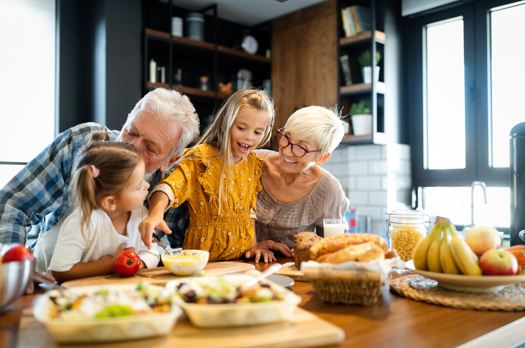
Why is Community important for our mental health?
Being part of a community, whatever it may be, is beneficial to our lives. A community helps us create strong connections with others. We make friends, find people we enjoy being around and find people who like to be around us. A community stops that feeling of social isolation.
When we join a community, we create a support network with people who can offer support and advice. We’re able to reach out to people who have experienced what we’re going through, or who can offer an outsider’s perspective.
A community can become a safe place. Somewhere where we feel ourselves, can act freely like ourselves and can be a place where our minds and body can relax.
What is a community?
A community is a group of people who come together through something they share. They can be scheduled, like a coffee morning, or they can occur naturally like a gym or where you live.
Other factors can affect a community, including,
- Geological location – If you live in a village or apartment complex, you’ll notice a sense of community with your neighbours.
- Values – You might find people who share and uphold your values. Think about what social media groups you’re a part of.
- Interests and hobbies – Whether it’s bird watching, a team sport or a crafts club, our interests and hobbies hold great importance to our communities.
- Work – You may not realise it, but your colleagues are part of your community. You spend a lot of time with the same people and share information that you might not share with other people.
- Faith and religion – Practising your faith and religion in however that may look can create a sense of community. You might attend church, meet up with people of similar faith or attend community events.
Your community can be unique to you with no set number of members, it could be you and a few friends, it could be a whole village. What matters is how everyone makes you feel. A community should make you feel good about yourself, with a sense of belonging and lots of joy. In a community, you’ll take care of each other, no matter what each person needs.
How to find your community
You might already be part of a community. You might attend a local weekly arts and crafts workshop, be part of a book club or see your family every week for a catch-up. If you’d like to explore more options, here are a few ideas to keep in mind,
- Reflect on what you feel passionate about – What brings you joy and makes you feel fulfilled? Is it being around people, nature, animals? Are you an enthusiast for baking, reading or a sport, such as golf?
- Be aware of your values – What’s an important aspect of a community to you? What do you look for in the people that surround you? Think about; Inclusivity, creativity, social action, age…
Check out local groups and coffee shops, see what’s on at your local leisure centre or church, and speak to the people you know, they might know something for you to try too.
As the sun continues to shine, host a garden party with your family and start a tradition of meeting up. If you know a good few readers, start a biweekly book club and share your interests and opinions. If you’d like to start a new sport, reach out to the club and see if there’s someone who could buddy up with you as you settle in.
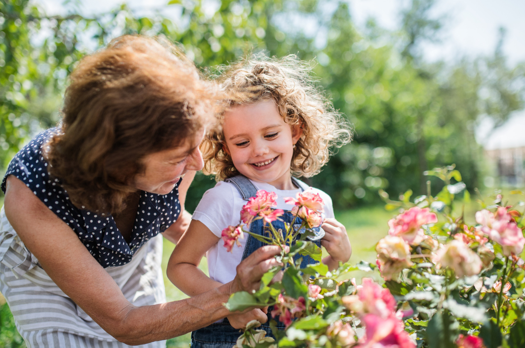
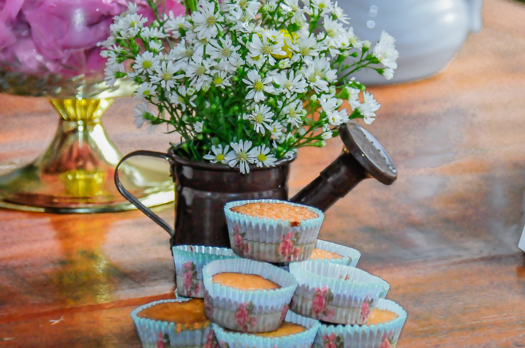
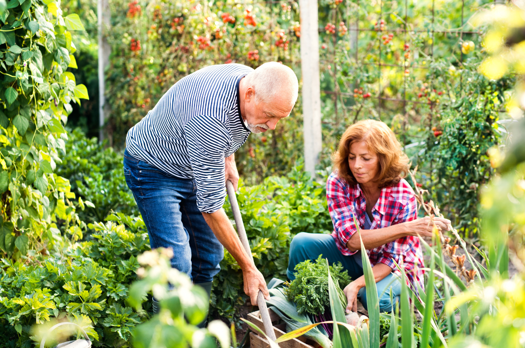
How to reach out for help
If you feel like you would benefit from having someone to talk to, but not sure how, here are a few tips to get you started,
- Choose the right person – If you’re reaching out to a friend or family member, choose someone you share a lot of trust and comfort in. Someone who has been there for you already, or who you know has your back. If you’re thinking about professional support, see if the referral can accommodate any needs you may have.
- Decide how you want to do it – Do think feel like it would be better done face to face, or would you prefer communicating over a phone call or text? If you struggle with your words, try writing a letter or email, and there are plenty of services that now let you chat online.
- Prepare for the conversation – Think about what you’d like to say, write down key notes and practice how you want to get your points across.
- Prepare for different reactions – If you’re telling a friend or family member, keep in mind that they’re human too and might need extra time to process the information given to them. It doesn’t mean they won’t support you, it just means they need to decide on the best possible way they can help.
Being part of a community can be beneficial to your health and wellbeing. Surrounding yourself with people who share the same interests, morals and hobbies can lower your anxiety and boost your self-confidence. If you're feeling lonely, a local community and social interactions with people will help boost your physical and mental health.
So much can affect our health, a big one can be the change in weather and having to adapt to the cold and darkness of the British winter. If you feel blue during the colder months, find out how to motivate yourself until the days get brighter again.
If you found this article useful, check out our other wellness blogs over on our Feel Good Hub.
Sign up for our newsletter
Sign up for our newsletter to hear about our exciting new collections, interior trends, wellbeing advice as well as exclusive offers.



